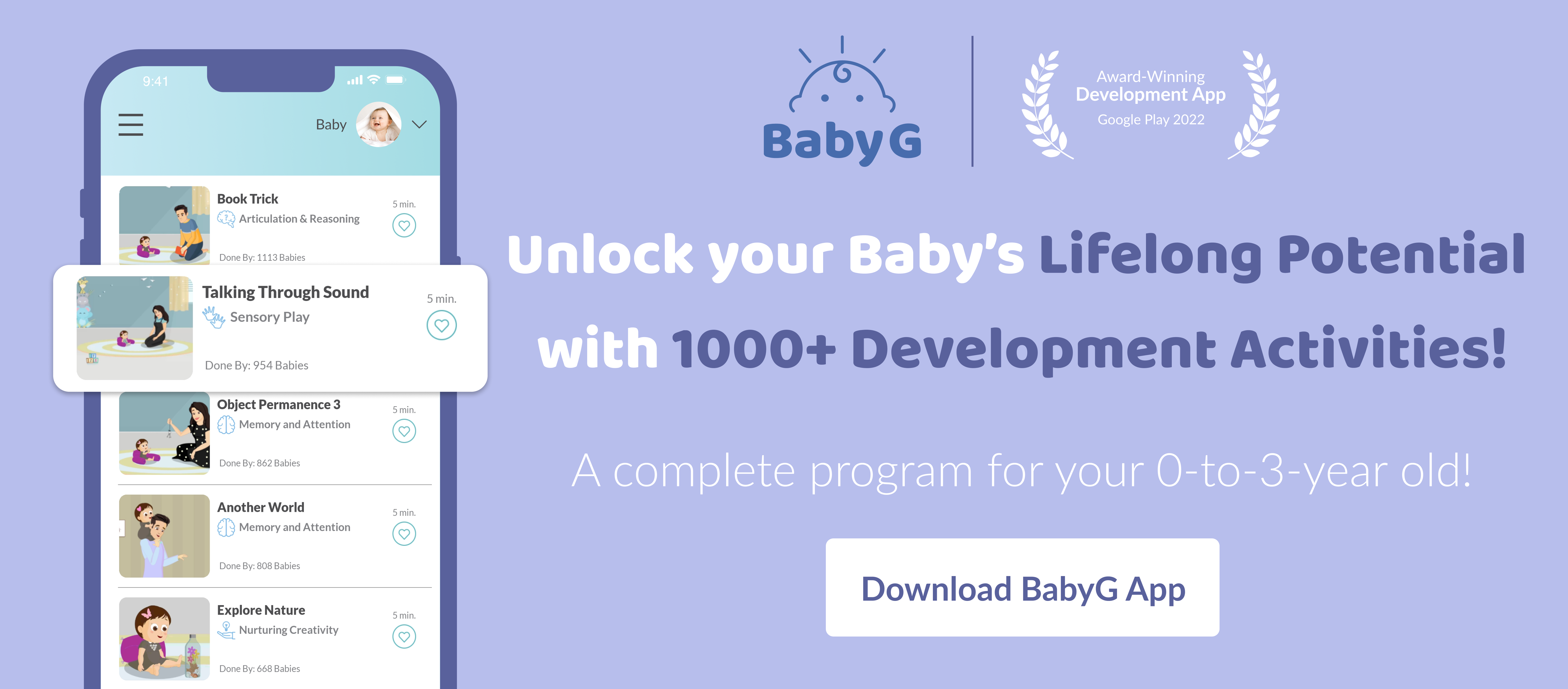
Is It Normal For A 2 Month Old Baby to Drink Less Milk?
Yes, it is quite common for a 2-month-old baby to drink less milk, once in a while. As a parent, you must always remember that as your baby develops, they will undergo severe developmental changes, one of them being their appetites. We assure you that it is not something to be worried about.
Babies have growth spurts, or times of fast growth, throughout the first several months of life. As you track growth milestones for your 2 month old baby, you may realize that their food habits may temporarily shift as a result of these development spurts. For a brief time, they could appear less interested in nursing, but this is typically followed by an increase in hunger since their bodies need more nutrients to support their growth.
Reasons For Two Months Baby To Drink Less Breast Milk
We understand that when your two-month-old kid starts consuming less breast milk, it may be a bit worrying for you as parents. Naturally, we're interested in finding out what could be behind this shift in their eating behaviours. You may be certain that there are a number of potential causes for this occurrence, as it is a typical worry among many parents.
- As a parent, you must be aware that every toddler experiences a growth spurt which causes a significant change in their appetite. We believe that this is one of the probable causes for your two-month-old drinking less milk.
- During feedings, they become more perceptive to their environment and easily distracted. Anything can catch their attention and cause them to lose concentration on the activity at hand, from a passing sound to an intriguing object in the room. As a result, they could pull away from the breast or have shorter, more frequent feedings, which would mean that overall less milk would be ingested.
- If your child is unwell, whether moderate or severe, they may avoid drinking milk due to the discomfort they may be experiencing.
- As newborns begin consuming calories from other sources, the intake of breast milk may normally decline as a result of the introduction of new meals.
Tips To Make A Two Months Baby Drink More Milk
As a parent, it is innate for you to make sure your infant is receiving an appropriate amount of nutrition and your 2 month baby drinking less milk can be concerning. Often times, encouraging your little baby to drink more milk might be a challenging task. The pointers listed below by us may assist pique their interest in breastfeeding and encourage them to consume more milk:
- We suggest you wait at least two hours before providing a substantial meal following milk rather than doing so right away.
- We believe that one of the best approaches to check your baby's milk consumption and make sure they're getting the right amount of nutrition is to invest in a baby feeding tracker.
- Feed your infant as soon as they show signs of hunger rather than on a timetable. At least once at night and every two hours during the day, make sure they eat.
- Mixing milk with solid foods, if possible, is another method you may use to make sure your child is receiving enough nutrition.
We have aimed at providing insightful information in this article regarding your little one’s eating habits and possible reasons for them not consuming enough milk. Yet, we strongly recommend you consult a paediatrician if you notice your 2-month-old baby drinking less milk, consistently.
Keep in mind that as your baby grows, their eating habits will change and also bring about a healthy change in their overall well-being, and this is not something to be concerned about. As a parent, we advise you to take your baby for regular check-ups, monitor their eating habits as well as weight and invest in a daily baby feeding tracker, if required. By keeping the pointers mentioned above in mind, we assure you that it will help improve your baby’s feeding habits.












LEAVE A COMMENT